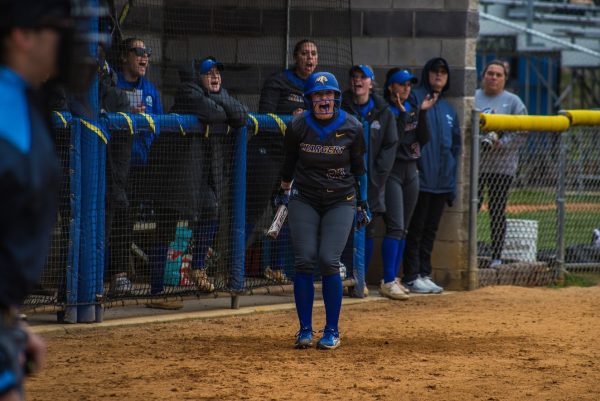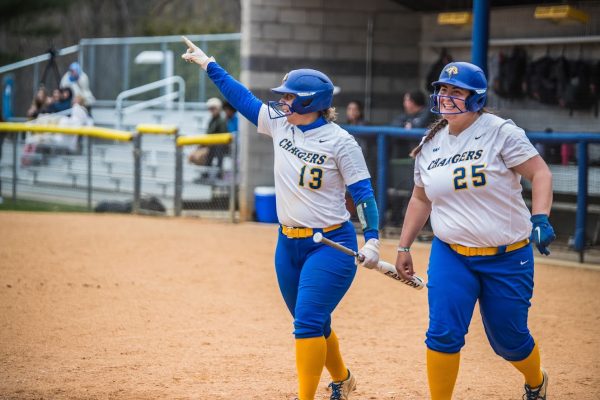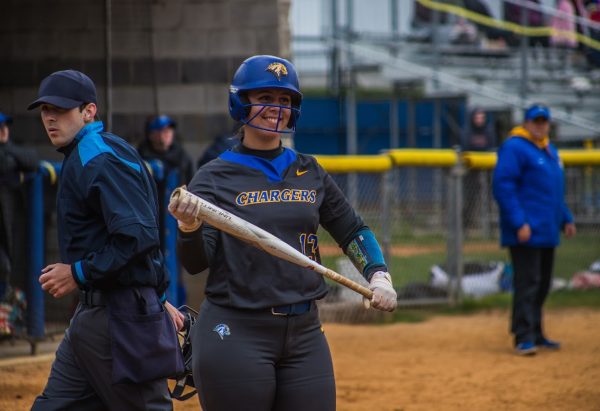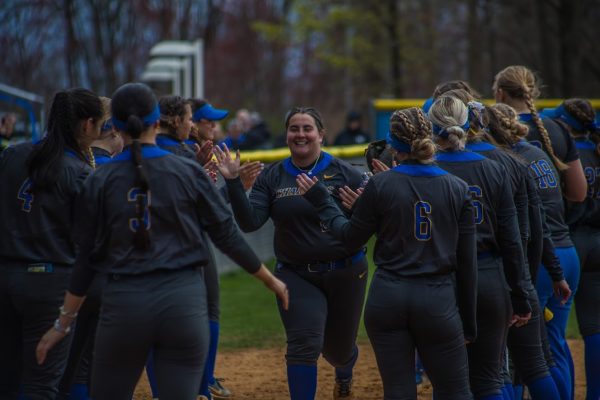Black History Month in professional sports: A chance for celebration and critique
February offers a chance to reflect on the importance of Black history and accomplishments. In professional sports, it allows leagues to celebrate the successes of their Black athletes while continuing to advocate for a better future.
February was officially designated Black History Month in 1976 by then-Pres. Gerald Ford. It was originally established by historian Carter G. Woodson, who helped form the Association for the Study of Negro Life and History (ASNLH) in 1915. The ASNLH sponsored a week of recognition in February, coinciding with the birthdays of Abraham Lincoln and Frederick Douglass.
For sports, the month is a chance to celebrate a group of athletes who persevered through discrimination to etch a legacy in their respective sports.
Many of the greatest Black athletes have played an important role in shifting the nation’s social fabric. Athletes such as Jesse Owens and Jackie Robinson helped begin the breaking down of racial barriers that continued plaguing the nation following the abolition of slavery.
Major League Baseball is celebrating the month by posting a series of artwork honoring some of the sport’s greatest players. The MLB’s first tribute was posted on Feb. 9, recognizing the career of Satchel Paige.
This month’s celebrations come following the MLB’s Dec. 16 decision to elevate the Negro Leagues to “Major League” status. The move corrects a 100-year oversight of an important part of the sport’s history.
“All of us who love baseball have long known that the Nego Leagues produced many of our game’s best players,” said MLB Commissioner Rob Manfred in December. “We are now grateful to count the players of the Negro Leagues where they belong.”
This reflects an initiative to better recognize the role of Black athletes in the sport.
Many other professional leagues are following a similar strategy to celebrate the month. The NBA is featuring the sport’s legends through their “Barrier Breakers” series, starting with the 11-time champion Bill Russell. The league has also recognized its current Black players by highlighting their stories and contributions off the court.
The NFL said they have decided to celebrate the month by dedicating hours of programming to honor “the iconic people, stories, and events that shaped the NFL.” This started prior to Super Bowl 55 on Feb. 7 and continued through last week.
However, this month also provides an opportunity for professional sports to be critical of the difficulties Black athletes face. For example, the NFL continues to struggle with diversity in its coaching staff and front offices. In sports such as baseball, poor diversity outreach has led to a lack of representation from Black players, coaches and owners.
Because of these issues, the month has a double meaning for professional sports; it is a time for both celebration and critique. The accomplishments of Black athletes are meant to be highlighted and not forgotten as sports continue their fight for diversity and inclusion.












